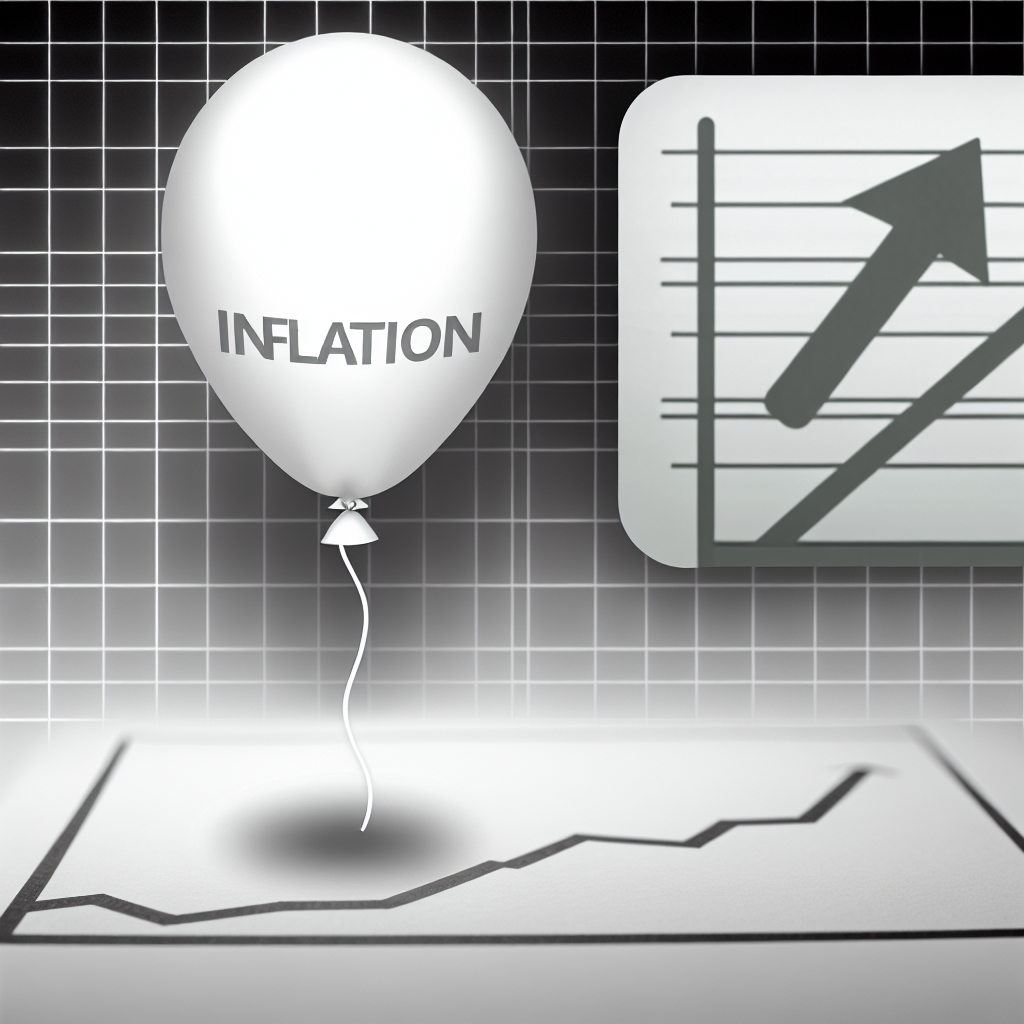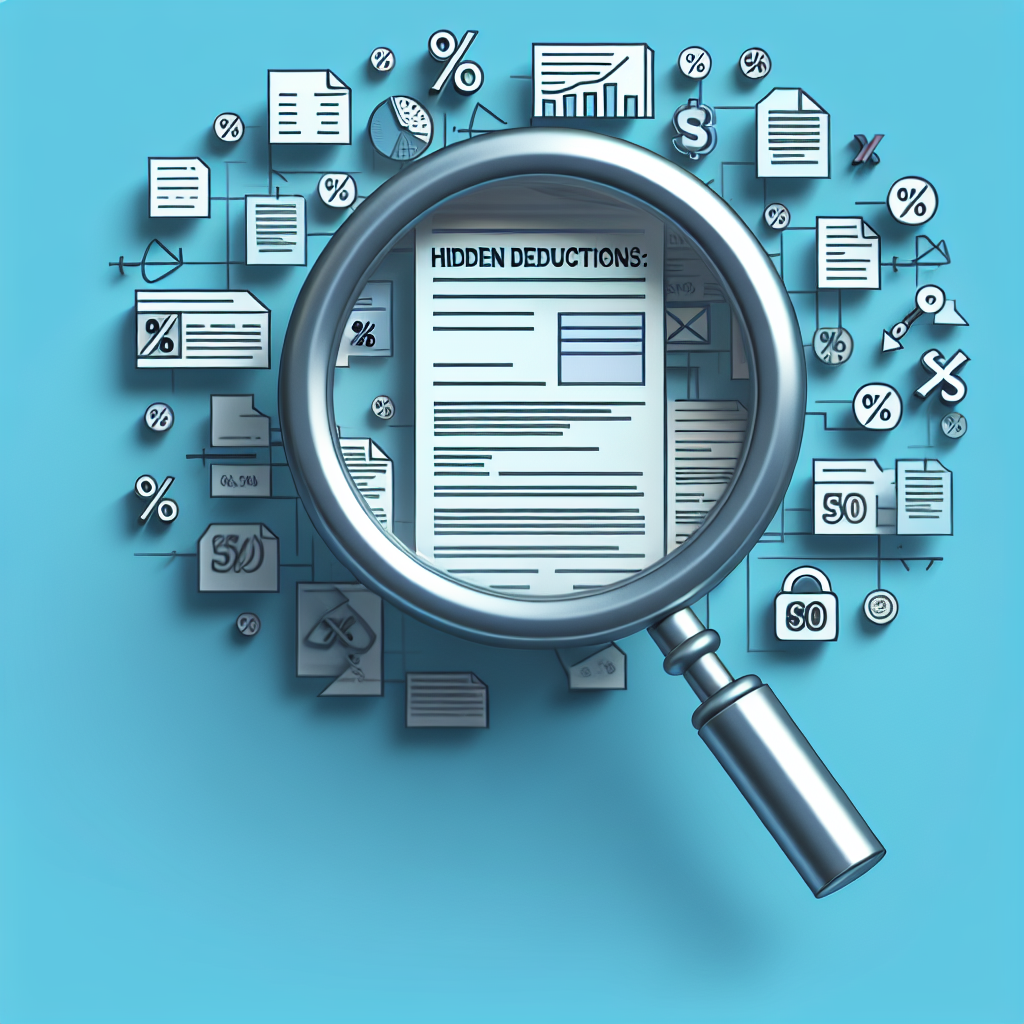Inflation affects nearly every aspect of the economy, including your personal finances and taxes. Understanding how inflation interacts with your tax liabilities can help you make better financial decisions. In this article, we will explore the effects of inflation on various tax components and what you should consider when preparing your tax plan.
Understanding Inflation and Its Effects
Inflation refers to the rate at which the general level of prices for goods and services rises, eroding purchasing power. It can have several implications on personal finances, including:
- Increased cost of living
- Changes in interest rates
- Adjustments in wages and salaries
How Inflation Affects Tax Brackets
One significant way inflation impacts your taxes is through the adjustment of tax brackets. In many countries, tax brackets are indexed to inflation. This means that as prices rise, the income thresholds for each tax bracket may also increase. However, not all jurisdictions adjust for inflation, leading to a phenomenon known as “bracket creep.”
Bracket creep occurs when individuals earn more as a result of inflation but are pushed into higher tax brackets without a real increase in purchasing power. This can lead to a higher tax bill despite static income levels.
Adjustments to Deductions and Credits
Deductions and tax credits may also be affected by inflation. For example:
- Standard Deduction: In many tax systems, the standard deduction is increased annually to keep pace with inflation. This can provide some relief to taxpayers.
- Tax Credits: Certain tax credits may also adjust for inflation, impacting the refund amounts you can claim.
Investment and Capital Gains Taxes
Investments are not immune to inflation’s effects. As inflation rises, the nominal value of your investments may increase, potentially resulting in higher capital gains taxes when you sell. It’s essential to consider the impact inflation has on your investment strategy:
- Real returns may be diminished despite nominal gains.
- Long-term investment strategies may help mitigate inflation risk.
Planning for Inflation in Tax Strategy
To navigate the challenges that inflation poses on taxes, consider adopting the following strategies:
- Stay Informed: Keep track of inflation rates and adjust your financial plans accordingly.
- Review Tax Brackets: Be aware of your income relative to tax brackets to avoid bracket creep.
- Consult a Tax Professional: Work with a tax professional to fully understand the implications of inflation on your specific tax situation.
Conclusion
Inflation can significantly impact your taxes, from income tax brackets to deductions and investment returns. By staying informed and planning appropriately, you can minimize its effects and make more confident financial decisions. Always consider consulting a tax professional for tailored advice based on your unique tax situation and inflationary conditions.








Leave a Reply
You must be logged in to post a comment.